Science accessibility via communication, teaching, and mentorship.

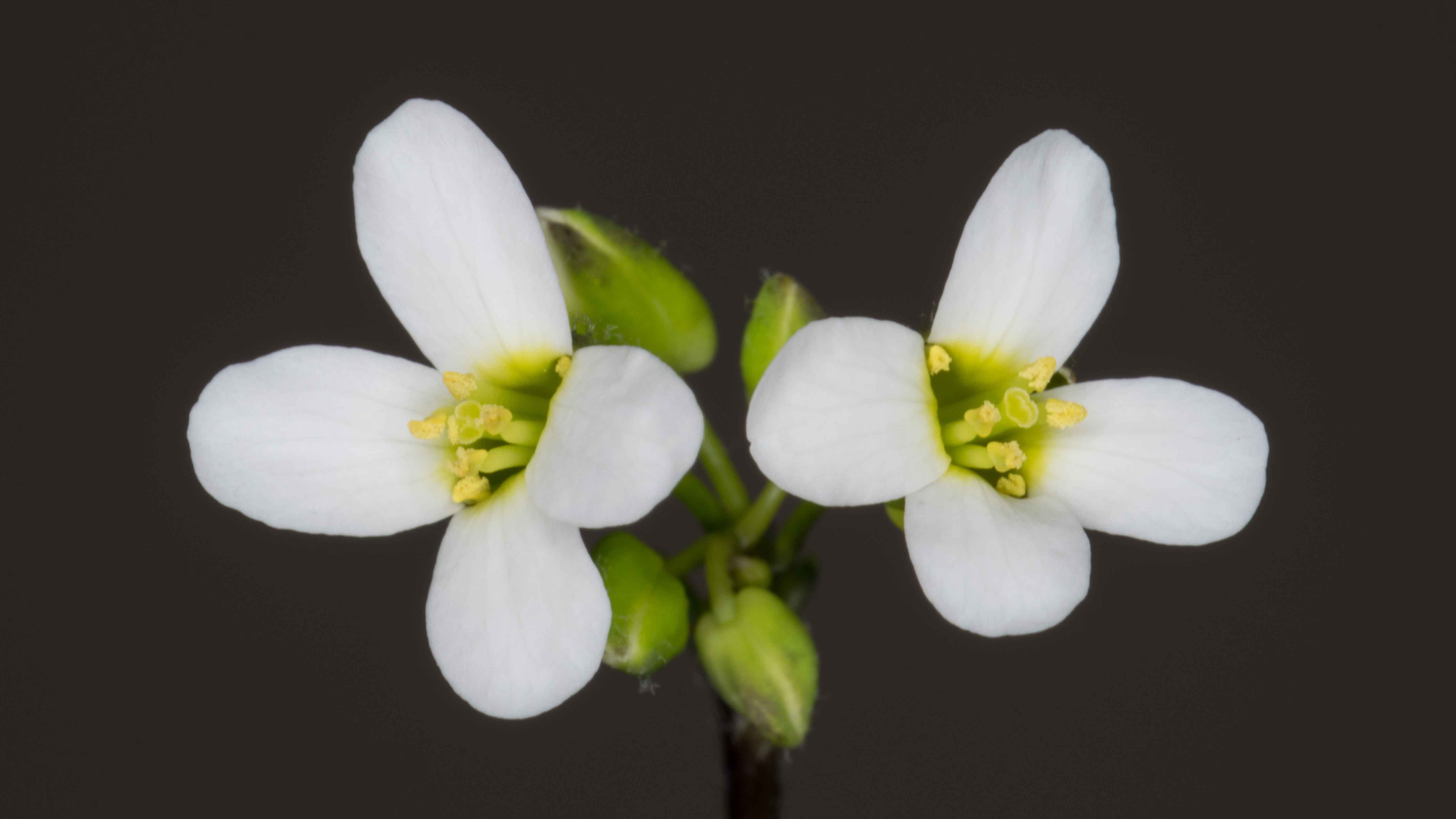 Plant-microbe interactions. Taught together with Prof. Macarena Marín (DBMV), this new Master's course at UNIL will introduce concepts central to plant-microbe symbioses, beginning with a focus on metabolic interactions in laboratory and agricultural contexts. We will then explore the molecular dialogue between plants and beneficial symbionts, highlighting parallels between symbiotic and defense-related signaling mechanisms.
Plant-microbe interactions. Taught together with Prof. Macarena Marín (DBMV), this new Master's course at UNIL will introduce concepts central to plant-microbe symbioses, beginning with a focus on metabolic interactions in laboratory and agricultural contexts. We will then explore the molecular dialogue between plants and beneficial symbionts, highlighting parallels between symbiotic and defense-related signaling mechanisms.
 Mathematical modeling for microbiomes. As a JSMF and Branco Weiss fellow, Alan has held multiple lectures and workshops on applying mathematical models to microbiome science. By covering a variety of modeling frameworks (genome-scale, dynamical, statistical, etc.) and incorporating practical sections, students explore how combining computational approaches with new experimental techniques can reveal new insights into ecological relationships between microbes.
Mathematical modeling for microbiomes. As a JSMF and Branco Weiss fellow, Alan has held multiple lectures and workshops on applying mathematical models to microbiome science. By covering a variety of modeling frameworks (genome-scale, dynamical, statistical, etc.) and incorporating practical sections, students explore how combining computational approaches with new experimental techniques can reveal new insights into ecological relationships between microbes.
 Data standards for microbial interactions. As part of the NCCR Microbiomes consortium, Alan has organized workshops on data standards for microbial interactions to enable cross-system and cross-study comparison. You can read more about these efforts here.
Data standards for microbial interactions. As part of the NCCR Microbiomes consortium, Alan has organized workshops on data standards for microbial interactions to enable cross-system and cross-study comparison. You can read more about these efforts here.
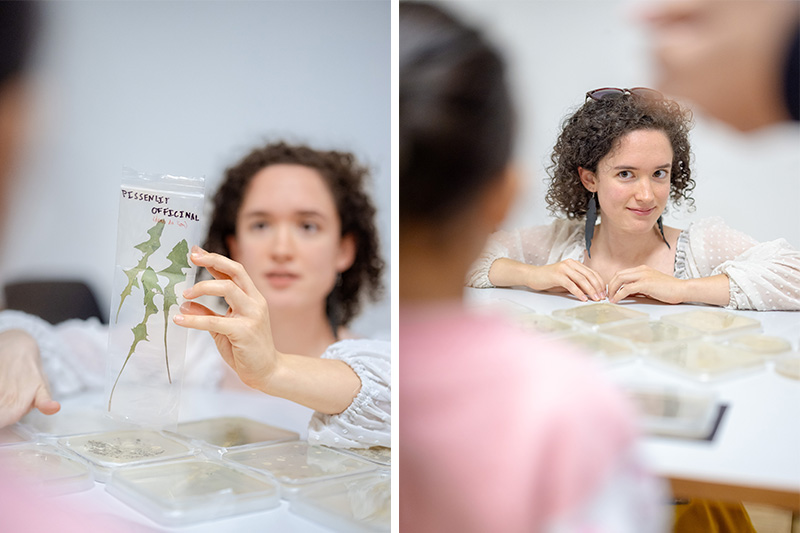
A hands-on exploration of plant microbiomes. The Musée de la Main hosts the exhibition "INVISIBLES: the Hidden Lives of Microbes," which showcases the many ways in which microbes impact our daily lives. As part of this exhibition, Ph.D. student Rose Evard carried out a hands-on demonstration of the microbial communities that inhabit plant leaves for the 2025 "Microbes en Fête" event, highlighting the ways in which these diverse - and often colorful - microbes are essential for plant health.
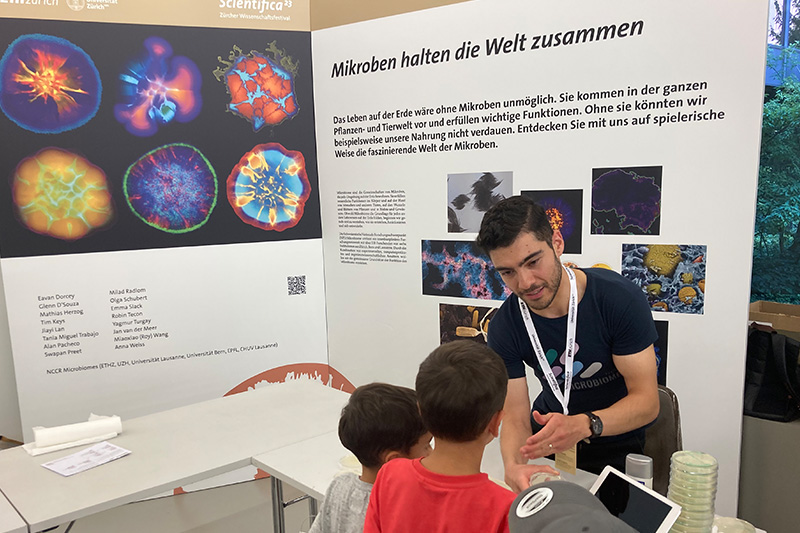
Scientifica: Zurich science days. 2021 and 2023 saw the latest instances of "Scientifica," Switzerland's largest science fair in which ETH Zurich and the University of Zurich open their doors to curious scientists of all ages. As part of an exhibition by the NCCR Microbiomes consortium, Alan engaged with members of the public on the roles microbes play in our daily lives: from "good" vs "bad" bacteria in our guts, to the societal implications of modifying microbiomes for biotechnology applications.
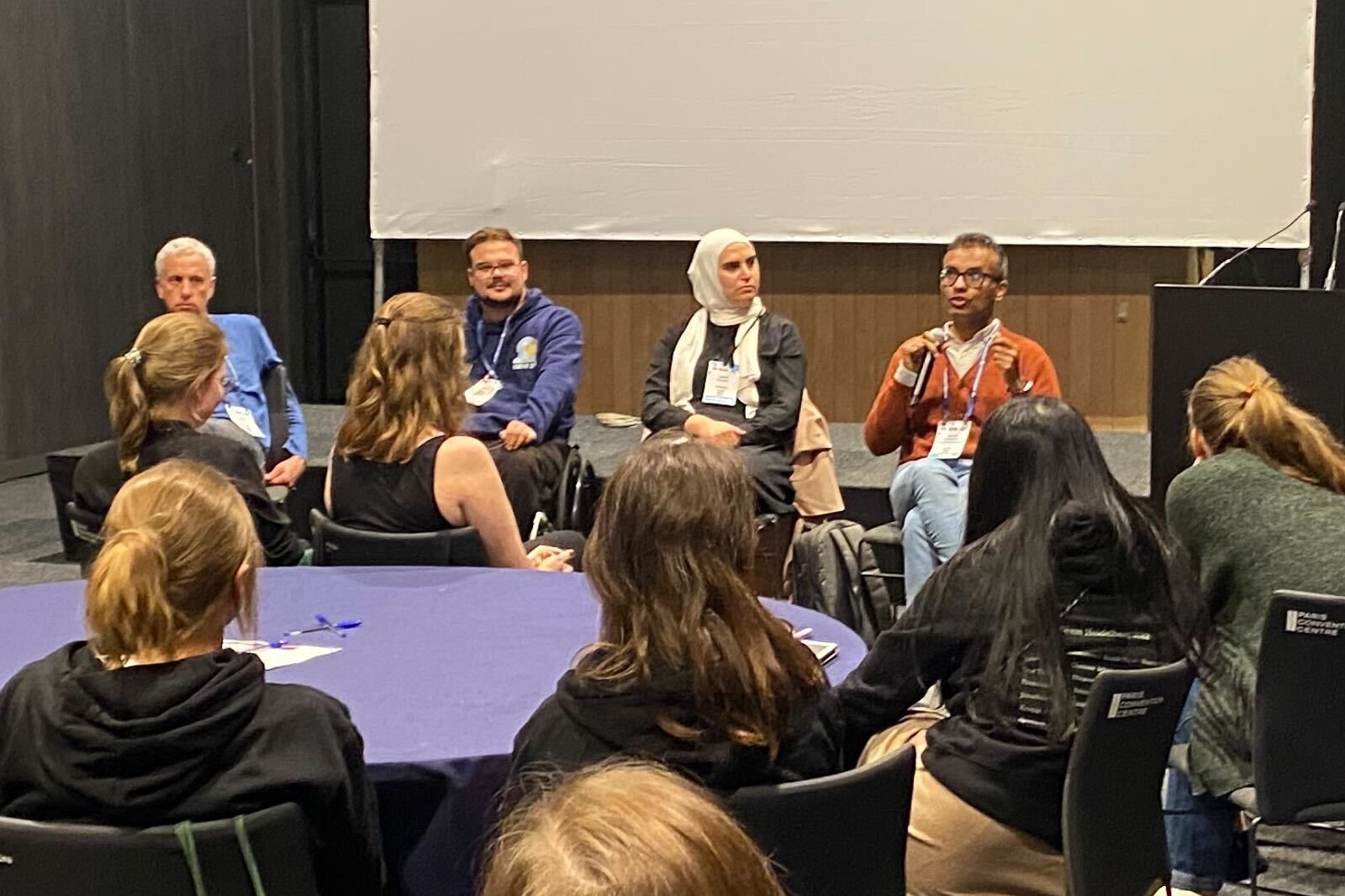
iGEM Diversity and Inclusion. The International Genetically Engineered Machine (iGEM) competition is an annual event during which student teams from all around the world design, carry out, and present their original synthetic biology research. Alan co-chaired the iGEM Diversity and Inclusion Committee, which compiles and analyzes information on the makeup of the competition at all levels - from students to mentors to judges. The committee also served as a resource for teams in creating new efforts centered on inclusivity in science and host online and in-person events throughout the year. Our 2022 series on mental health in STEM brought together students and experts to highlight mental health challenges in scientific research and learn about management strategies.
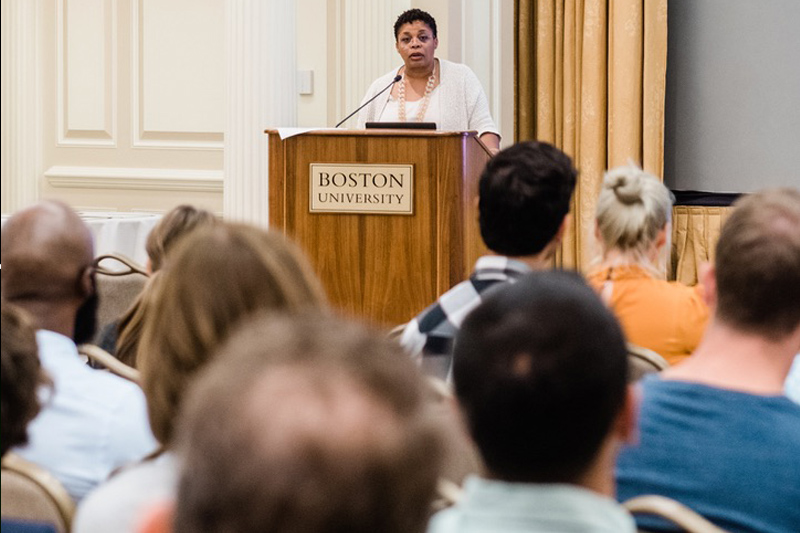
Underrepresented Graduate Student Academic Symposium. The Boston University Underrepresented Graduate Student Organization (UGSO) is the first student-led group on BU's Charles River Campus aimed at fostering an inclusive academic community for graduate students from traditionally underrepresented backgrounds. In 2019, Alan chaired UGSO's first academic research symposium, an event that brought together students, faculty, staff, and administrators to celebrate student research.
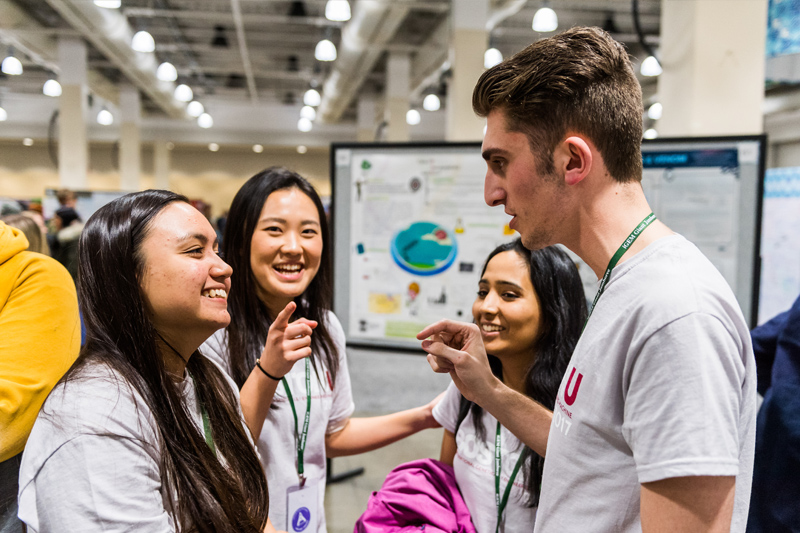
Boston University iGEM Team. The International Genetically Engineered Machine (iGEM) competition is an annual event during which student teams from all around the world design, carry out, and present their original synthetic biology research. Alan co-mentored the six-member 2017 Boston University Team, who designed a cell-free system to carry out logical operations using biological parts. By combining DNA-based toehold switches with recombinases, this work represented a foundational advance in expanding the scope of recombinase-based applications.